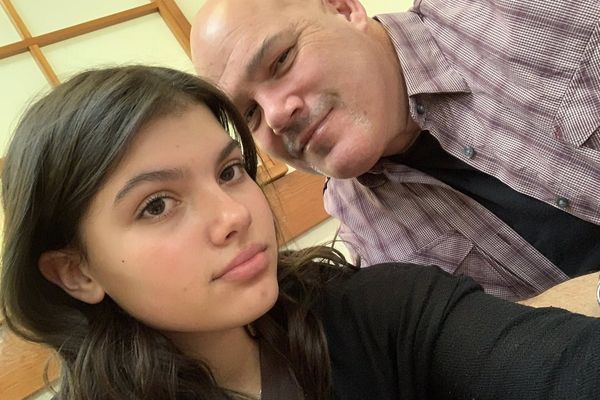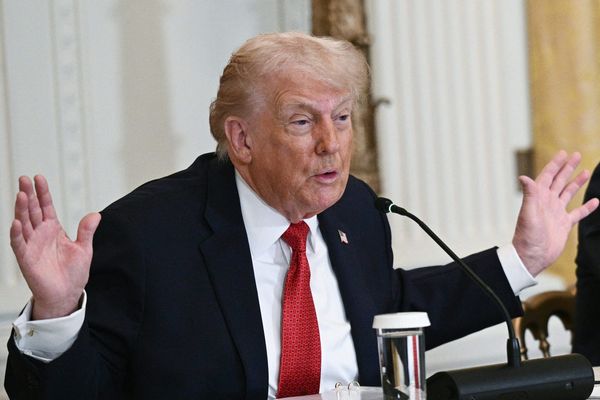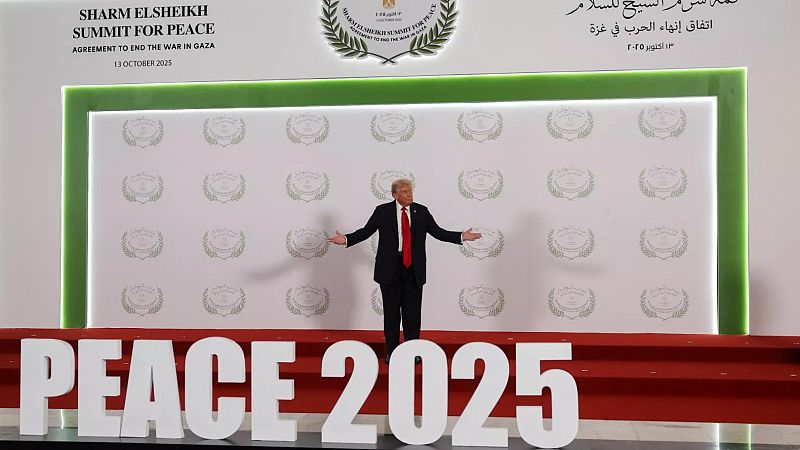
US President Donald Trump has been feted as the man of the moment, at least in the Middle East.
Trump achieved what no other world leader had been able to: bring about an end to two years of fierce fighting between Israel and Hamas in Gaza.
On 29 September, Trump unveiled his 20-point peace plan for Gaza, which was endorsed by Israeli Prime Minister Benjamin Netanyahu.
By 8 October, that deal had been signed off by both the Israeli Knesset and Hamas, with an agreement reached for the first stage of the deal which ended hostilities and saw a hostage-prisoner exchange.
Fighting came to an end last Friday, but whether the ceasefire remains durable is almost a side note to the rapturous reception Trump received in Israel on Monday.
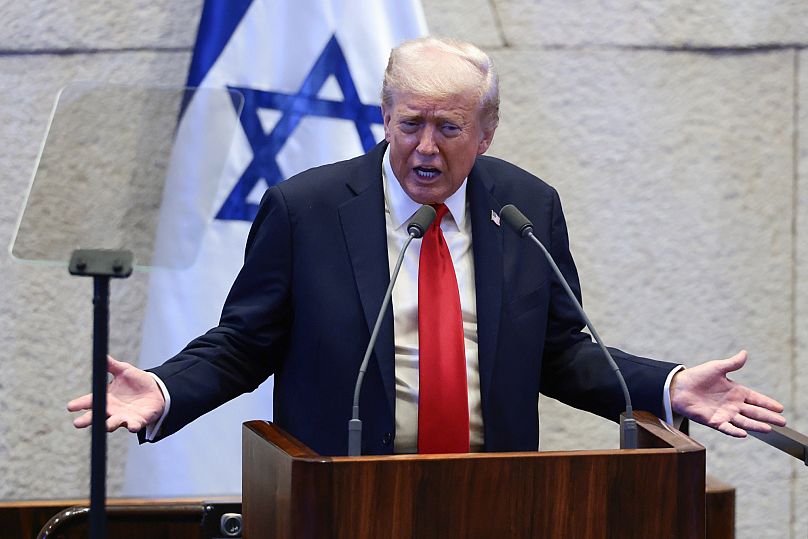
As Hamas freed all 20 living hostages, Trump was praised as the Middle East's peacemaker-in-chief in the Israeli parliament, lauded as the country's "greatest friend," and dubbed the "president of peace".
He was no doubt thrilled by the words of Knesset speaker Amir Ohana, who said Israel would rally governments worldwide to nominate Trump for next year's Nobel Peace Prize, an accolade he has coveted for years but which has so far remained elusive.
Standing ovations and gushing words of praise — something Trump received in generous measure in Jerusalem — are something the US president has always had a soft spot for.
But it's also something he seldom seems to receive at home these days: after the Gaza "peace summit" in Egypt wrapped up, Trump will be heading back to a divided United States and a string of domestic problems.
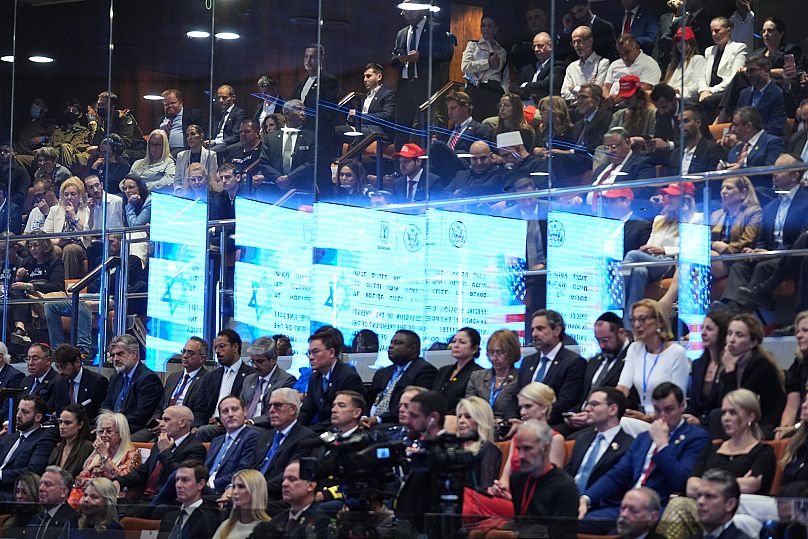
Government shutdown a top concern
For a start, the US is currently without a functioning administration. The government shut down on 1 October after Senate Democrats refused to sign off on an extension of funding until November unless it was linked to continued tax credits for Affordable Care Act health plans and restoring funding for public media outlets.
Two weeks later, the impasse in the Senate continues, with the last vote — the seventh — failing to pass four days ago.
Democratic and Republican leaders remain locked in a standoff about the way forward, and it was not immediately clear what comes next.
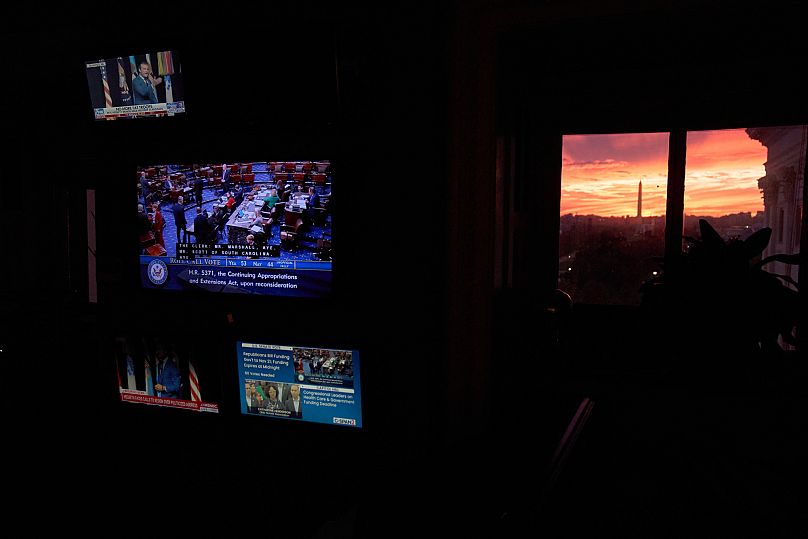
No tangible signs of negotiations have emerged between Congressional leaders since Trump met with them two weeks ago.
Since then, the Trump administration has warned that there will be no guaranteed back pay for federal workers during the shutdown, reversing a long-standing policy for some 750,000 furloughed staff, according to a memo circulating at the White House.
Trump signed the legislation into law following the 2019 government shutdown — the longest in US history — during his first term in office, ensuring federal workers receive back pay during any federal funding lapse.
In Trump's new memo however, his Office of Management and Budget (OMB) said back pay must be provided by Congress, if it chooses to do so, as part of any bill to fund the government.
The move is widely seen as a strong-arm tactic, a way for the Republican administration to pressure lawmakers to reopen the government.
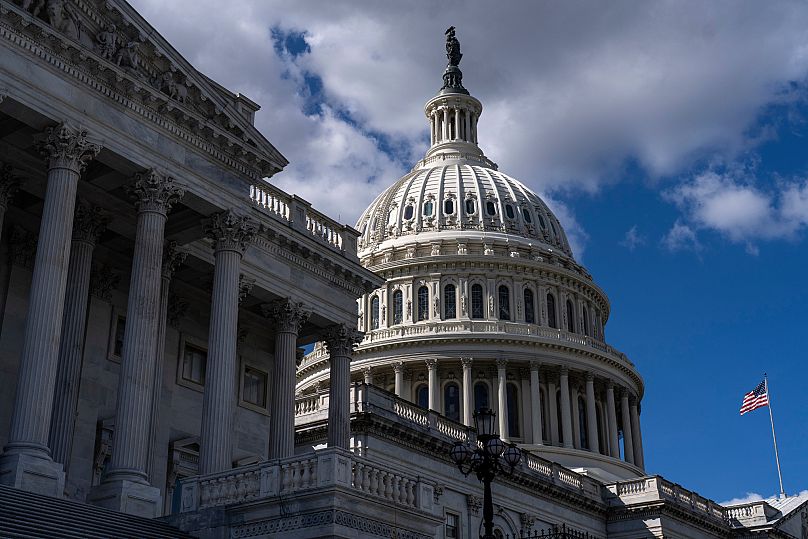
The Epstein files fallout continues
Another issue Trump continues to grapple with is the ongoing saga of the Epstein files and the extent of the president's relationship with the disgraced financier and convicted paedophile, Jeffrey Epstein.
Some of Epstein's victims and a number of Democrats and his MAGA supporters alike have urged the Trump administration to make public all the FBI material related to Epstein and his celebrity client list, and particularly material that relates to the US president.
Billionaire Elon Musk and the UK's Prince Andrew were named in new documents released by Congressional Democrats in September that relate to Epstein.
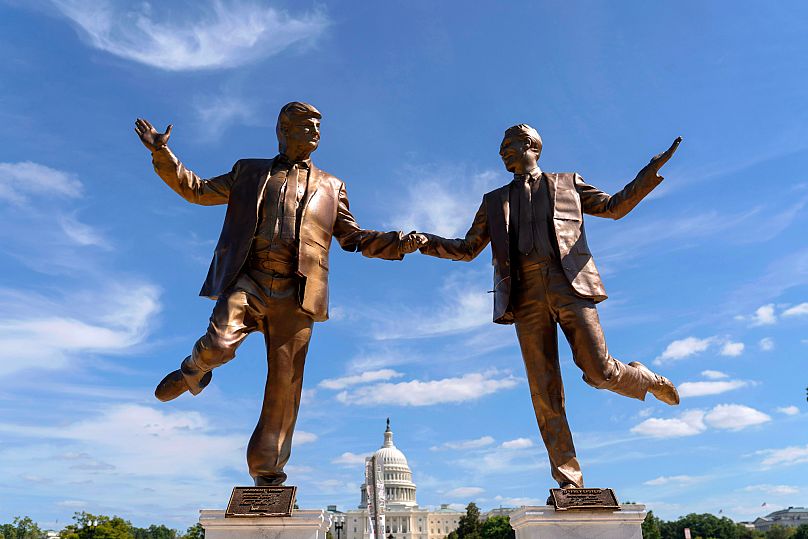
In a series of more than 8,500 new files made public by Democrat lawmakers on the oversight committee of the US House of Representatives, multiple prominent figures were revealed to have been associated with the convicted sex offender.
The new files, which included phone message logs, flight logs, transaction records, financial ledgers and daily schedules, revealed that Tesla, SpaceX and X boss Elon Musk was invited to the infamous Epstein island in December 2014.
Musk has repeatedly rejected any significant connection to Epstein.
Epstein, who died by suicide in prison in 2019, did not keep a list of his clients, the US Justice Department concluded after reviewing files on the disgraced financier.
The announcement that Epstein did not maintain a "client list" of associates to whom underage girls were trafficked quashed a long-running theory that US Attorney General Pam Bondi boosted earlier this year when she said she possessed such a document.
Bondi told Fox News in February that the document was "sitting on (her) desk right now to review."
White House Press Secretary Karoline Leavitt and Justice Department Spokesperson Chad Gilmartin attempted to walk this statement back, saying that Bondi had been referring to the overall Epstein case files.
Trump has consistently downplayed his relationship with Epstein, claiming in July that he had fallen out with him after he allegedly "stole" some of the staff previously employed at his Florida estate, Mar-a-Lago.
The US National Guard deploys
Trump is also embroiled in a string of legal battles with courts across the country over his controversial decisions to deploy the National Guard to assist police forces in cities he deems crime-ridden.
In August, around 800 US National Guard troops were deployed to the capital Washington to support local law enforcement, claiming the city had been "taken over by violent gangs and bloodthirsty criminals" as well as "drugged out maniacs and homeless people," a number that eventually rose to 2,000.
By early October, Trump had authorised the deployment of another 300 National Guard troops to protect federal officers and property in Chicago.
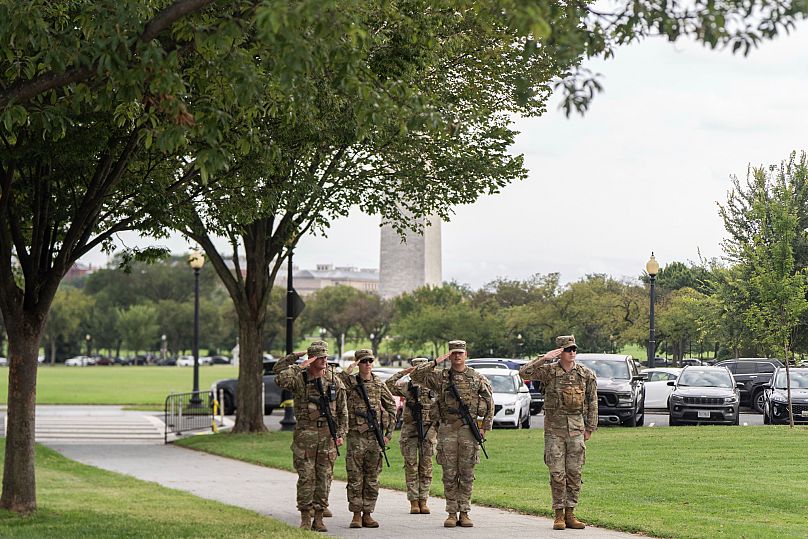
But the same month, a federal judge in Oregon temporarily blocked the administration from deploying the National Guard in Portland.
US District Judge Karin Immergut issued the order pending further arguments in the suit, saying the relatively small protests the city has seen did not justify the use of federalised forces and allowing the deployment could harm Oregon's state sovereignty.
"This country has a longstanding and foundational tradition of resistance to government overreach, especially in the form of military intrusion into civil affairs," Immergut wrote.
The administration is also being sued in Chicago and Washington in a bid to roll back the troop deployments.
Trade war on the horizon?
Another issue is the threat of another trade war with China.
China signaled on Sunday that it would not back down in the face of a 100% tariff threat from Trump, urging the US to resolve differences through negotiations instead of threats.
"China's stance is consistent," the Commerce Ministry said in a statement posted online. "We do not want a tariff war but we are not afraid of one."
The response came two days after Trump threatened to increase the tax on imports from China by 1 November in response to new Chinese restrictions on the export of rare earths, a key ingredient for many consumer and military products.
"Frequently resorting to the threat of high tariffs is not the correct way to get along with China," the Commerce Ministry said , which was presented as a series of answers from an unnamed spokesperson to questions from unspecified media outlets.
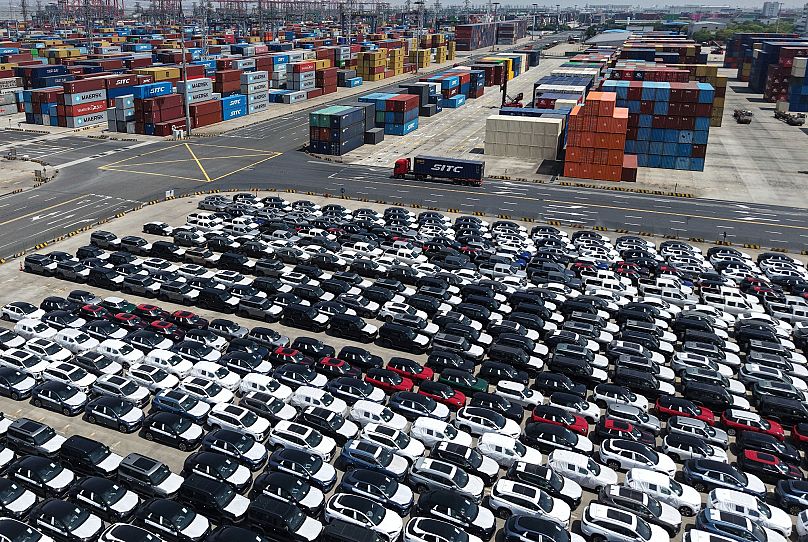
Trump accused China of "becoming very hostile" and said it's holding the world captive by restricting access to rare earth metals and magnets.
It's not even a year into Trump's second term as president and with three more left, the road could go anywhere.
But with a mix of foreign successes and domestic failures under his belt, in typical Trump style, the president was bombastic in his confidence about the US' future.
"We're the hottest country anywhere in the world," he said at the UN General Assembly last month.



